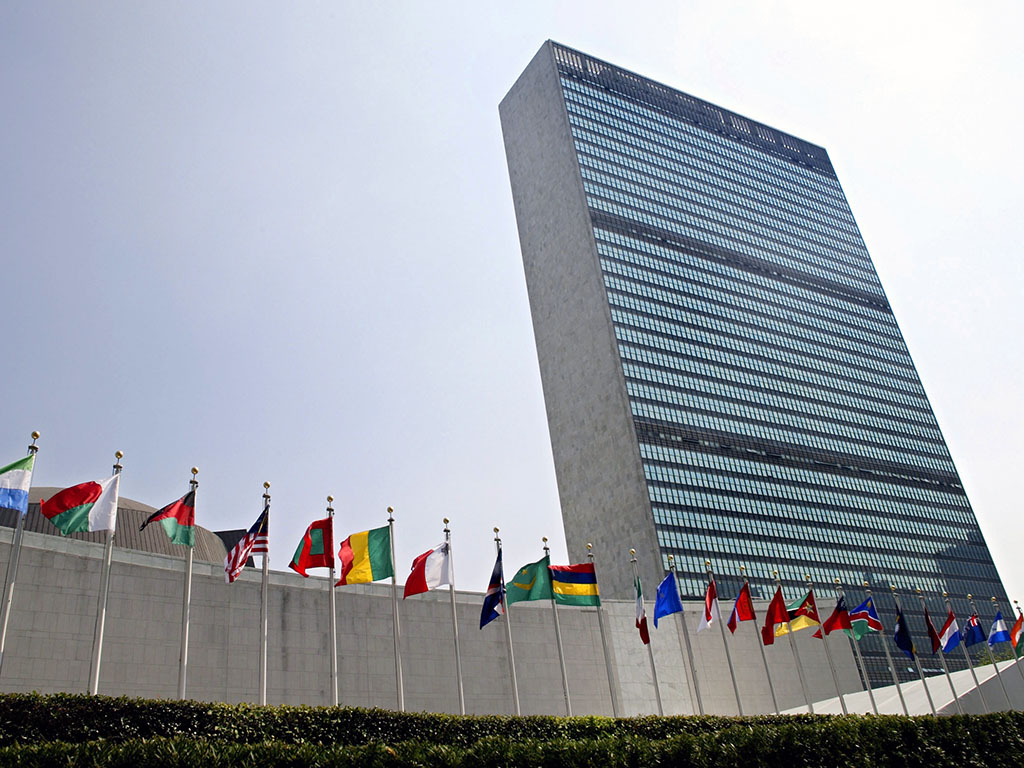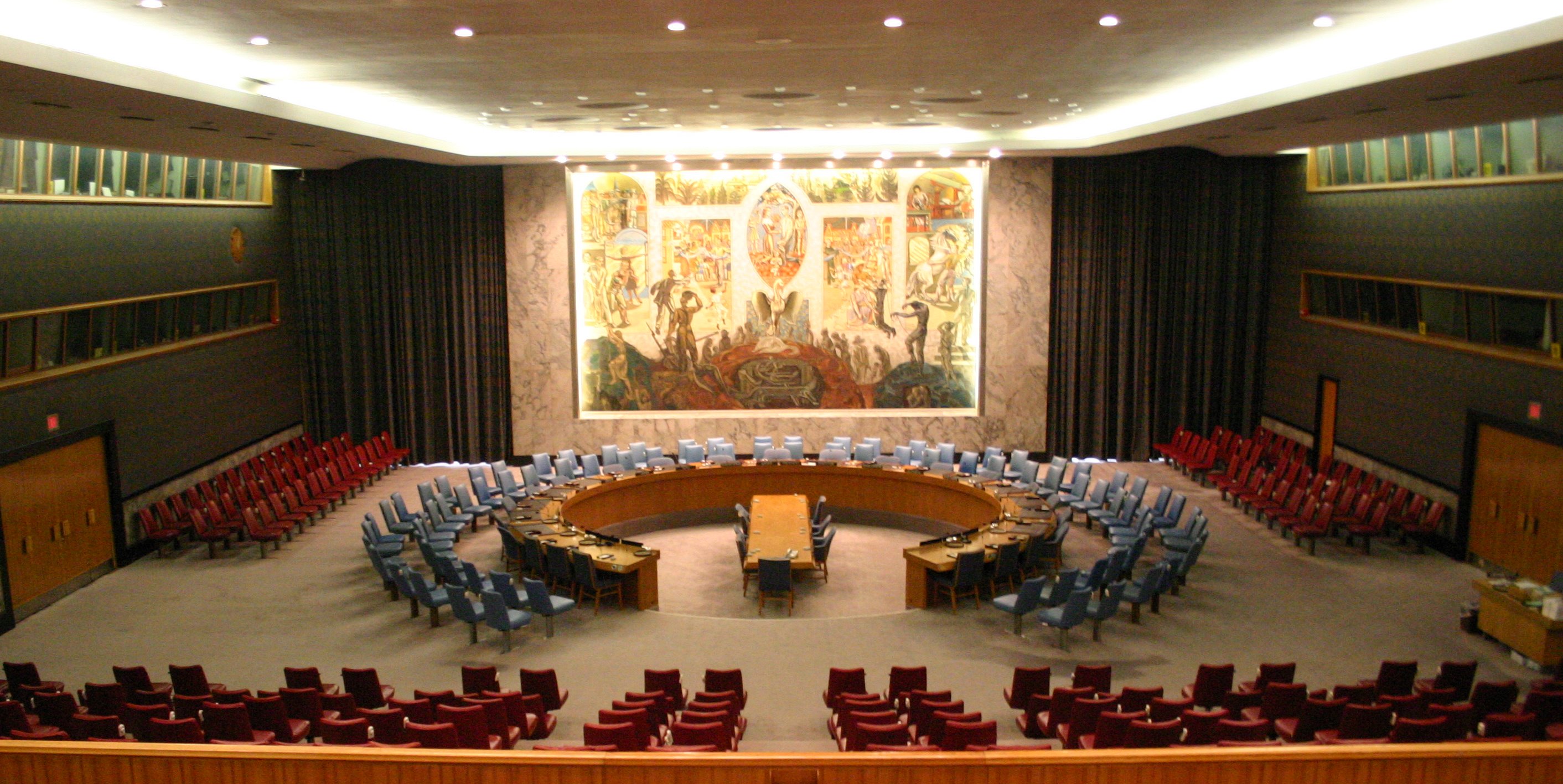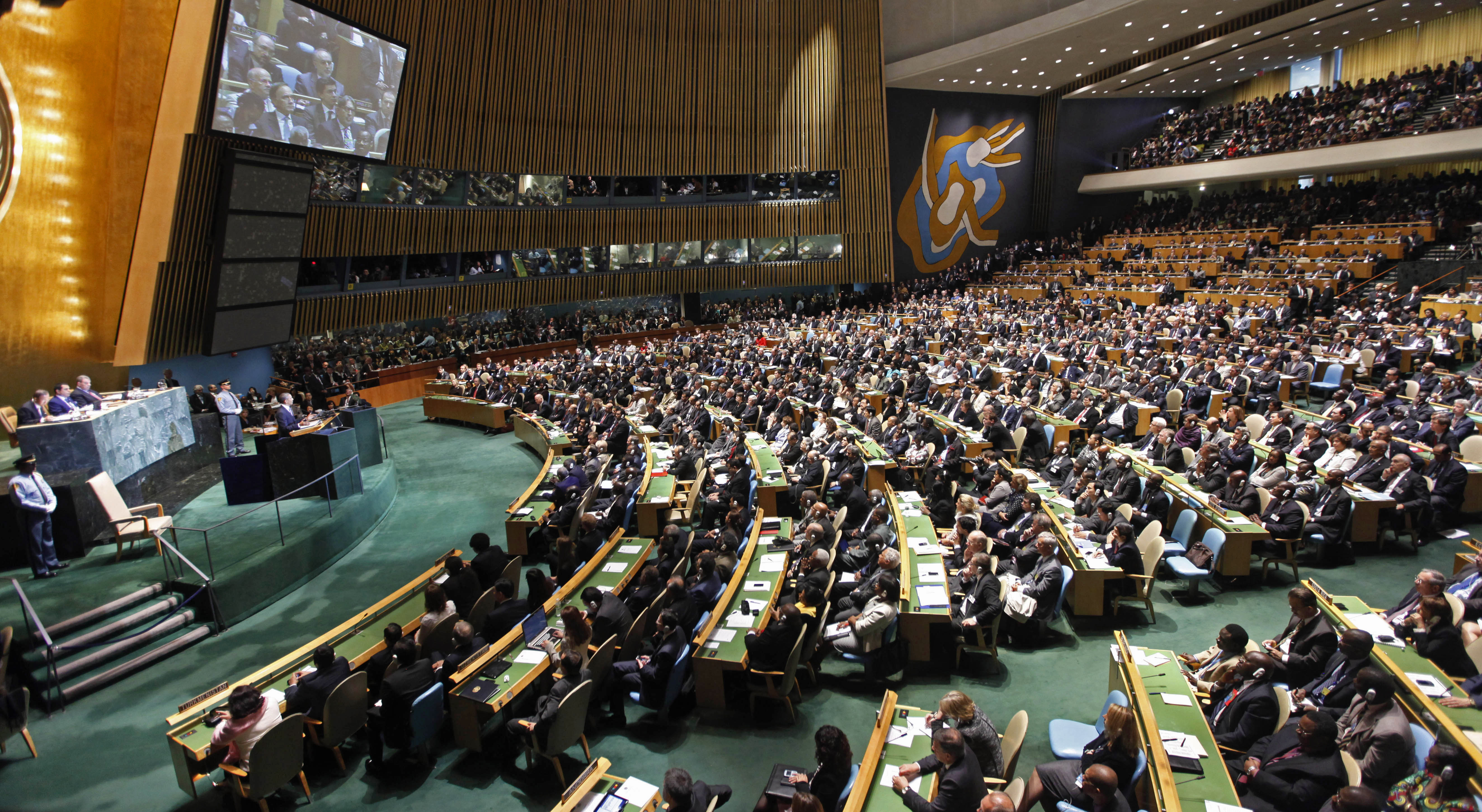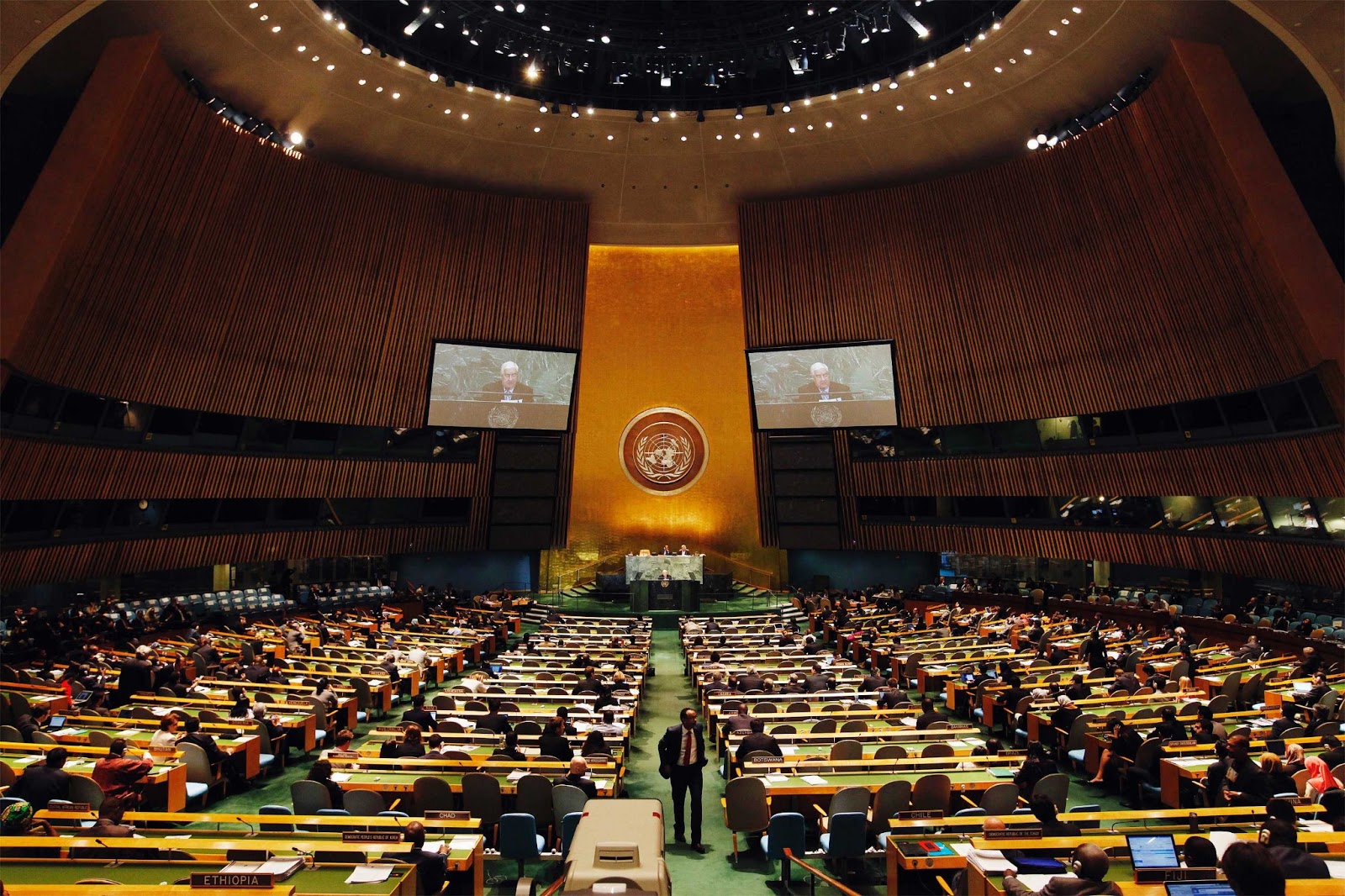Trade, investment and technology decisions at firm level interact with each other and affects aggregate productivity growth. This also illustrates the self-propagating forces of the current situation of the world economy.
Development Issues Series

A review of recent trends suggests the need for a renewed commitment and enhanced efforts by the international community to support financing for sustainable development. It also points out at potential risks of debt sustainability for a few developed and some emerging economies.

Summary: Developed countries? economic performance since the global financial crisis has been disappointing, with subdued growth,

Summary: As indicated in the 2030 Agenda for Sustainable Development, sustained economic growth will continue to be an important

The global economy remains trapped in prolonged episode of slow growth, of which weak international trade is both a cause and a symptom. While developing countries have become more integrated and benefitted from international trade in recent years, this has also made them more vulnerable to a slowdown in global trade. Ensuring an enabling global environment for trade is thus critical for progress towards the Sustainable Development Goals, in particular given the risks associated with protectionism and inward-looking policies, which is on the rise in many countries.

Income convergence between developed and developing countries in recent years is mainly the result of rapid economic growth in Asia. The distance between average per capita income in other developing regions and that in developed countries has not ch

Income convergence between developed and developing countries in recent years is mainly the result of rapid economic growth in Asia. The distance between average per capita income in other developing regions and that in developed countries has not changed significantly; between-country inequality continues to be a cause of concern.

The understanding of inequality has evolved from the traditional outcome-oriented view, whereby income is used as a proxy for well-being. The opportunity-oriented perspective acknowledges that circumstances of birth are essential to life outcomes and that equality of opportunity requires a fair starting point for all.

Measuring poverty with a single income or expenditure measure is an imperfect way to understand the deprivations of the poor since, for example, markets for basic needs and public goods may not exist. Complementing monetary with non-monetary information provides a more complete picture of poverty.
 Welcome to the United Nations
Welcome to the United Nations
